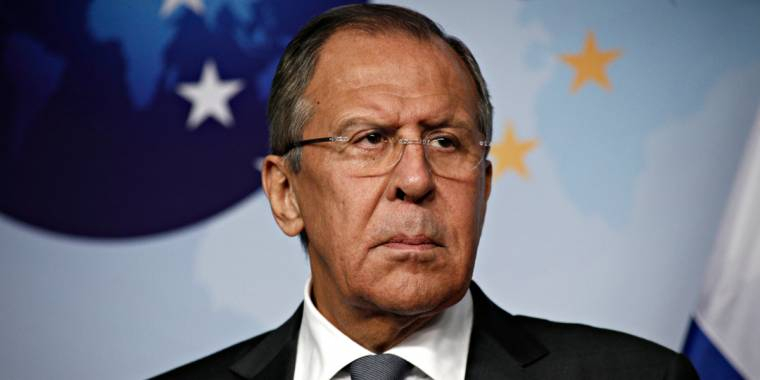Amidst rising tensions, Sergey Lavrov accuses the West of forcefully pulling Armenia away from Russian influence.
Others are reading now
During an interview with Sputnik radio, Russian Foreign Minister Sergey Lavrov has accused the United States and the European Union of aggressive efforts to pry Armenia away from Russia’s influence.
Lavrov described these actions as brazen attempts to accelerate Armenia’s detachment from the Russian Federation, reflecting on recent statements by Armenian Prime Minister Nikol Pashinyan about the strained relations between Moscow and Yerevan.
A Shift Toward Europe?
Earlier this year, the Armenian Ministry of Foreign Affairs declared its European aspirations and expressed a desire to join the EU.
Also read
According to Ararat Mirzoyan, the Foreign Minister of Armenia, the country is committed to a democratic path of development, which is supported by both Brussels and Washington. Mirzoyan emphasized the importance of diversifying Armenia’s partnerships while maintaining traditional connections and also “looking to the East.”
The tension between Armenia and Russia has been further highlighted by several diplomatic snubs.
In October 2023, Pashinyan declined to attend a summit of CIS country leaders held in Bishkek and expressed dissatisfaction with how the Collective Security Treaty Organization (CSTO), led by Russia, and Russia itself, were fulfilling their alliance obligations towards Armenia. The dissatisfaction culminated in November during a CSTO summit in Minsk, which Armenia also chose not to attend.
The deterioration of Moscow-Yerevan relations can also be traced back to the conflict in Nagorno-Karabakh, where, following military action by Azerbaijan, over 100,000 ethnic Armenians were displaced to Armenia, and the leadership of Nagorno-Karabakh announced its self-dissolution. Following these events, Pashinyan indicated Armenia’s de facto suspension from the CSTO and later hinted at a possible exit from the organization while demanding clear delineation and defense commitments for Armenia’s sovereign territories by the CSTO.
Adding to the complexities, Mirzoyan has pointed out that the CSTO does not recognize Armenia’s borders and that the organization’s responsibility in the South Caucasus is ambiguously defined.


